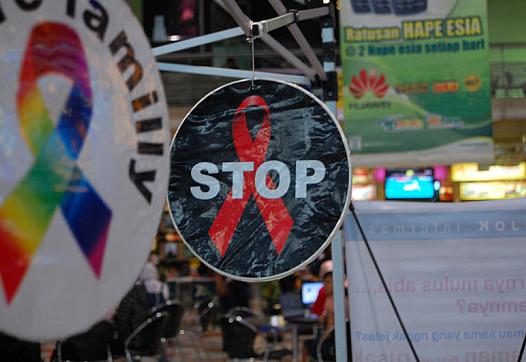
Air pollution from industrial sources in Michigan’s Wayne County is linked to deaths and life-threatening respiratory diseases, reports Michigan journalist Natasha Dado. She argues there's an urgent need for more watchdog reporting to give voice to pollution's often-overlooked victims.







